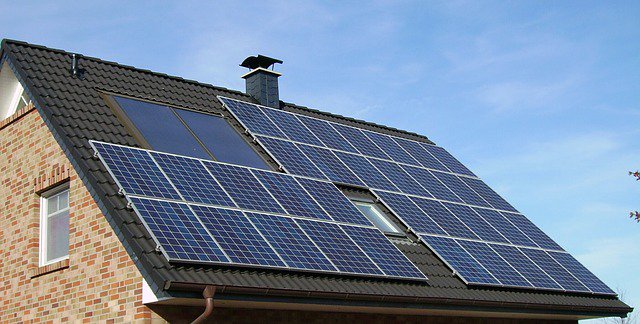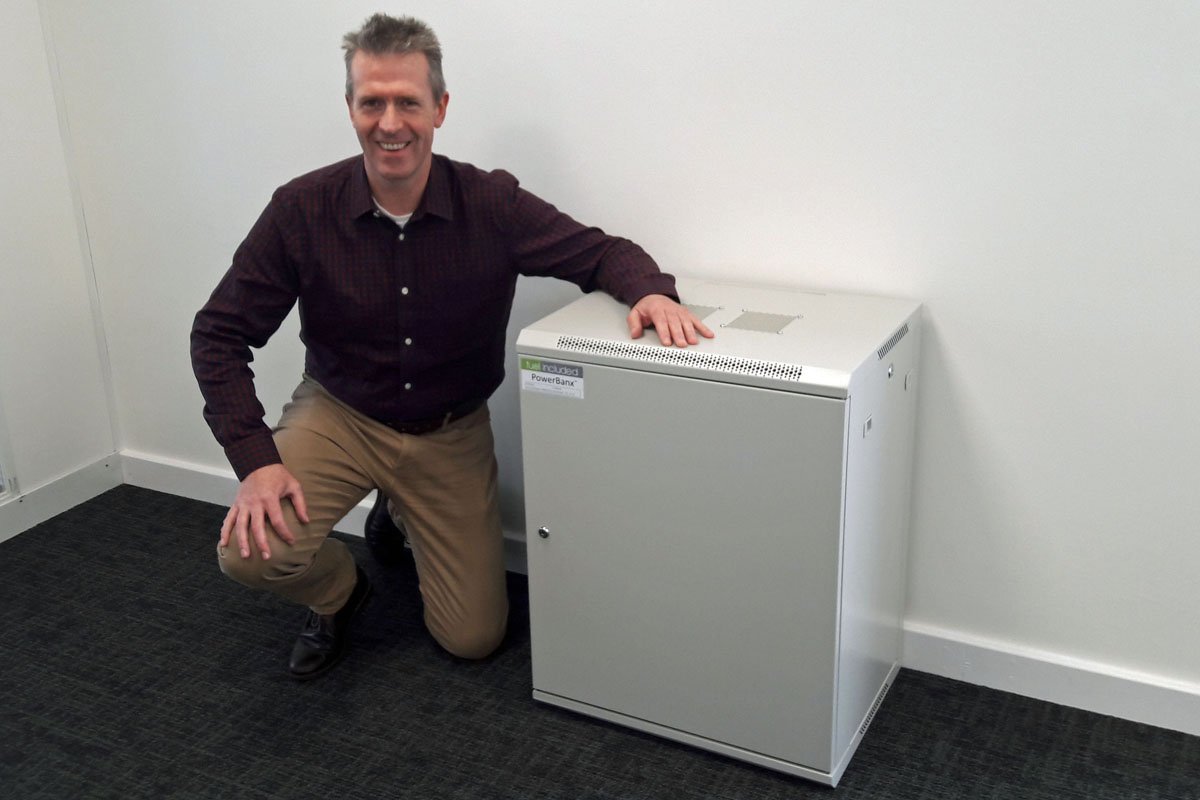With news that utility bills are on the rise, experts say technology will revolutionise both consumer use and generation of power
The home of the future looks an increasingly attractive place to live this week, after millions of households received the unwelcome news that their energy bills were going up again.
Switching supplier is one quick fix to rising bills. But in the long run, industry players say the answers may lie in a coming revolution in how we use energy in our homes, turning them into mini power stations and reducing our reliance on energy companies such as British Gas and EDF.
For consumers, cost and convenience will be big factors. For energy firms, there is a chance to rebuild trust and transform themselves from mere suppliers into more profitable service companies. As a report said last week, there also needs to be a debate about how homes can be heated in new ways that reduce their contribution to climate change.
Most industry experts think that future homes will consume less energy – setting aside the impact of electric cars – as appliances from fridges to boilers become ever more efficient. New buildings are also increasingly airtight, which the Building Research Establishment says has largely been driven by regulations.

British Gas owner Centrica, the UK’s largest energy supplier, and Ovo, one of the biggest “challenger” firms, both told the Observer they expected domestic energy use to continue falling.
Customers will not just consume energy, but generate it too, becoming “prosumers” – “a horrible word but a useful term,” says Tom Pakenham, head of electric vehicles at Ovo, that means “to generate your own energy, store it and use it in intelligent way”.
For most people, this will mean solar panels generating electricity, which is not a new trend – more than 900,000 households already have solar, up from almost none a decade ago.

What is new is that consumers are beginning to pair solar with batteries, to store and either use or export the electricity when it makes the most financial sense.
Read more: The Guardian


